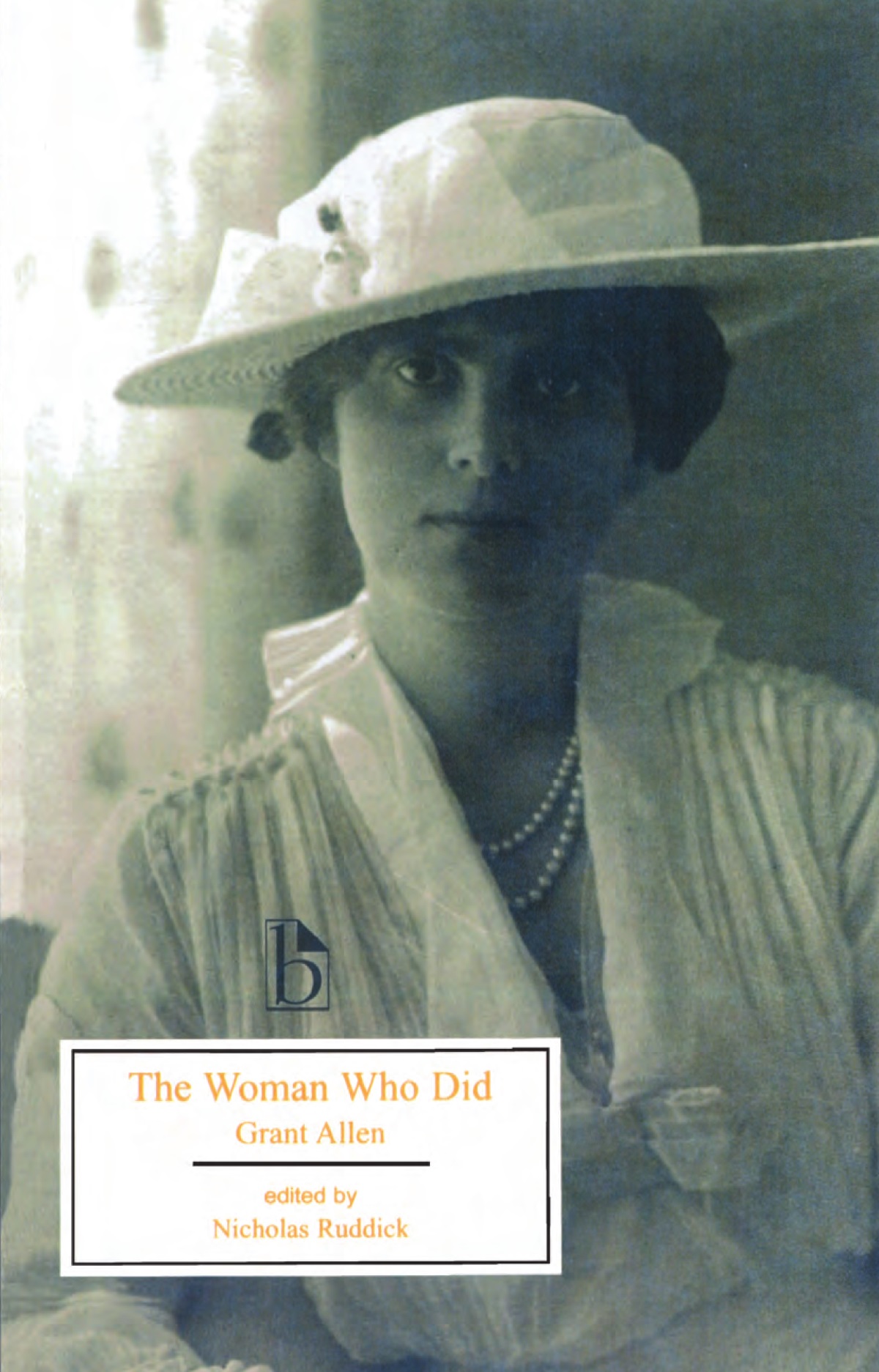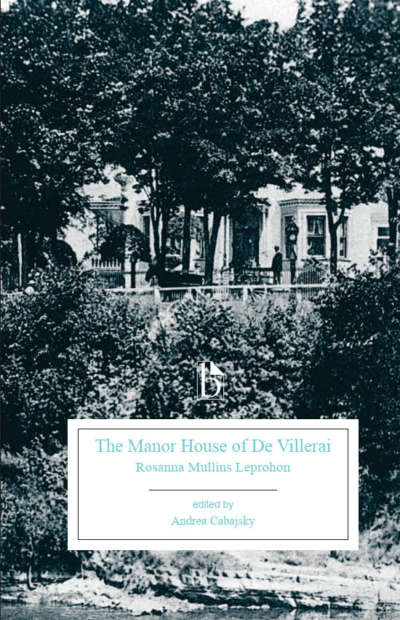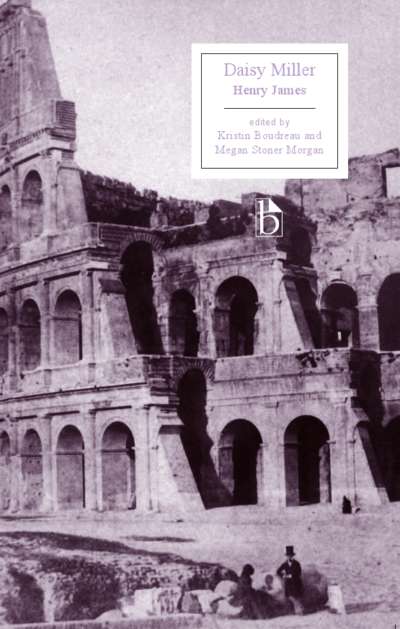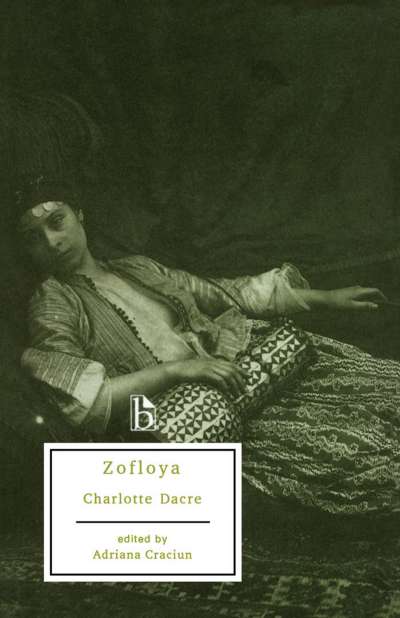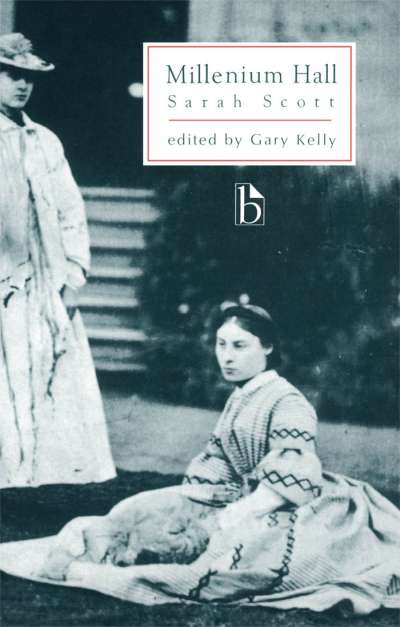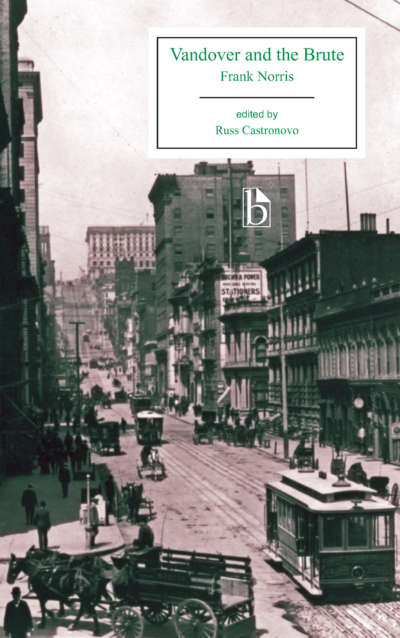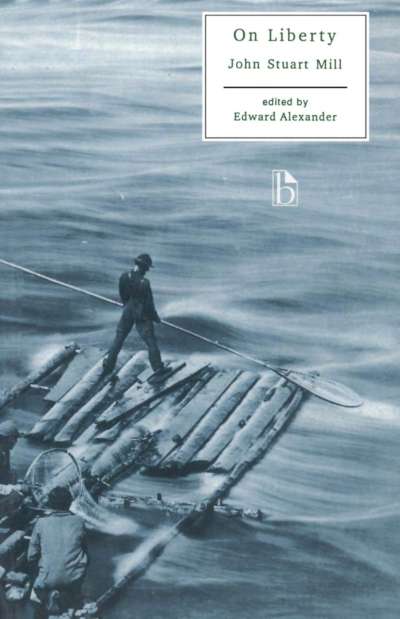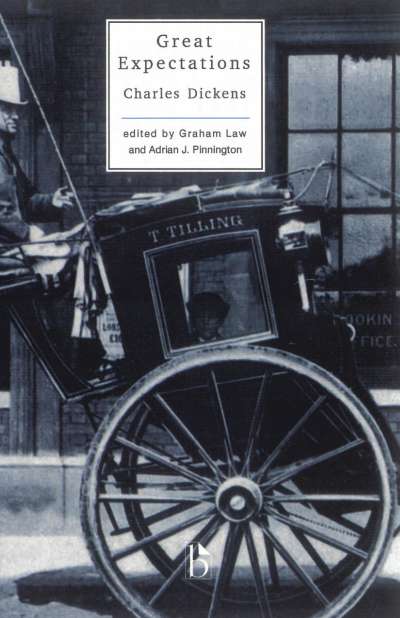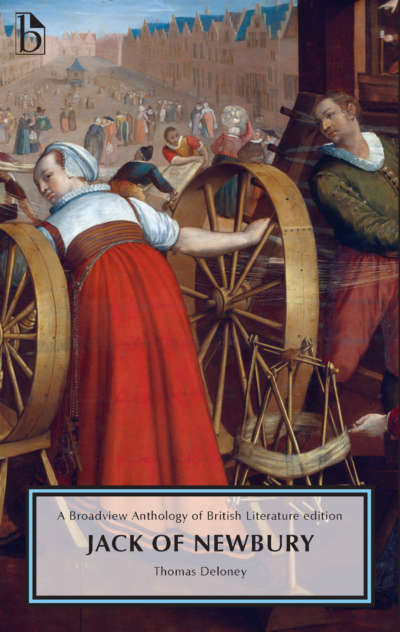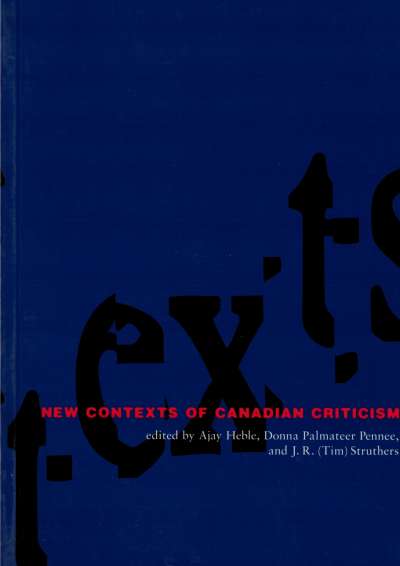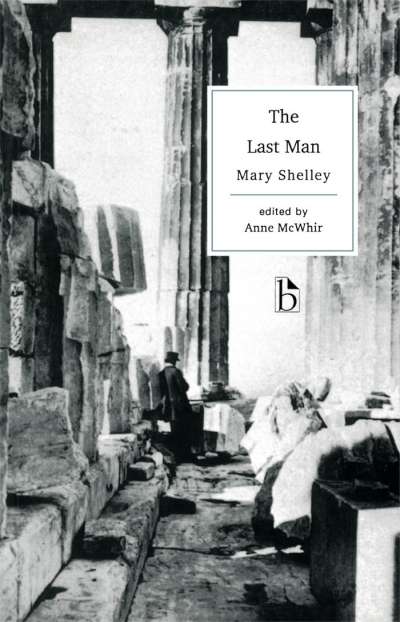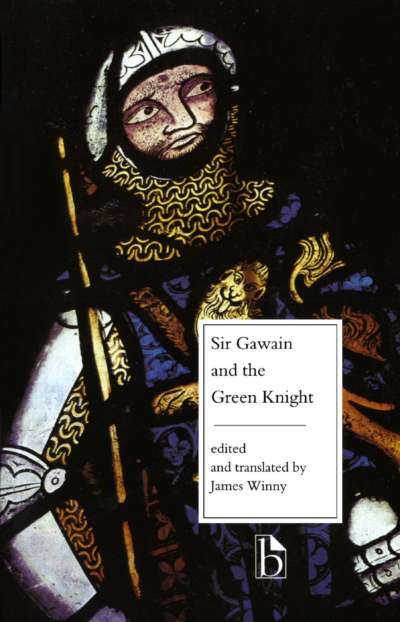The controversial subject matter of Grant Allen’s novel, The Woman Who Did, made it a major bestseller in 1895. It tells the story of Herminia Barton, a university-educated New Woman who, because of her belief that marriage oppresses women, refuses to marry her lover even though she shares his bed and bears his child. Her ideals come into disastrous conflict with intensely patriarchal late Victorian England. Indeed, Allen intended his novel to shock readers into a serious exploration of some of the major issues in fin de siècle sexual politics, issues that he himself, in various periodical articles under the rubric of the “Woman Question,” had played a leading role in opening up to public debate.
This Broadview edition contains a critical introduction as well as a rich selection of appendices which include excerpts from Allen’s writings on women, sex, and marriage; contemporary writings on the “Sex Problem”; documents pertaining to the Marriage Debate; contemporary responses to the novel; and excerpts from two parodies of the novel.
Comments
“Ruddick’s new edition of The Woman Who Did makes a wonderful addition to Broadview’s growing list of key fin de siècle texts. Placing Grant Allen’s polemical short novel in the context both of his career as a public intellectual and of ongoing debates about sex, marriage, gender, and eugenics, the introduction and selected primary sources help explain the stakes behind the uproar that surrounded the novel’s publication. The supplementary material on marriage debates of the 1880s and 1890s, as well as the selections from initial reviews of the novel, are particularly helpful in this regard. A splendid resource for those interested in the Victorian fin de siècle, and the nineteenth-century Woman Question.” — Kathy Alexis Psomiades, Duke University
“This meticulously edited reprint of Grant Allen’s notorious 1895 novel is an important and very welcome addition to Broadview Press’s increasingly rich library of once-popular eighteenth- and nineteenth-century texts by women that have, for many years now, languished in archives accessible only to scholars. Nicholas Ruddick’s thoughtful introduction and the appendices—which include contemporary reviews, source materials, excerpts from the Marriage Debate, 1888-1895, and key non-fiction prose writings by Grant Allen—will be invaluable resources.” — Ann L. Ardis, University of Delaware

